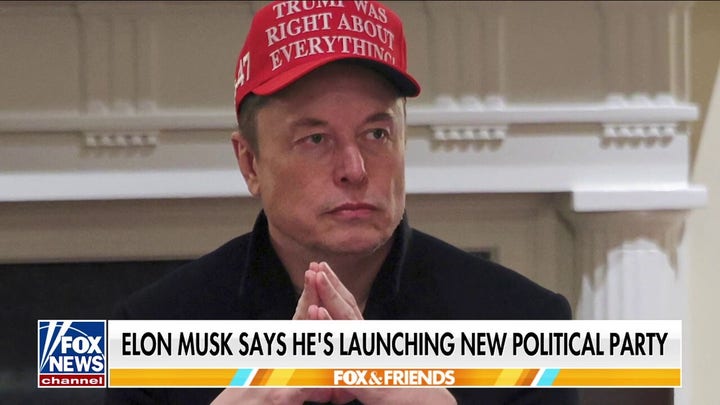Let’s talk about language. Because in politics, language isn’t just what you say — it’s what people hear. And if there’s one thing I’ve learned from decades of helping brands and campaigns get their words right, it’s this: the wrong message can kill even the best idea. Tesla CEO Elon Musk’s America Party is a case study in how not to build trust through language.
I’ve seen this movie before. I started my career on Ross Perot’s campaign, where we learned firsthand how the right words can electrify a movement — and how quickly the wrong ones can turn hope into skepticism. Perot’s success was based on his ability to connect with voters using language that was clear, relatable and believable. He spent a lot of time talking about a broken system, but he did so in a way that made people believe change was possible.
Musk, on the other hand, is using the language of disruption without understanding the language of trust. And that’s why his America Party is likely to be just another blip in the long history of failed third-party efforts.
The language of disruption vs. the language of trust
Let’s break down Musk’s messaging. He says it’s ‘time for a new political party that actually cares about the people.’ He talks about ‘reducing government spending,’ dismantling regulatory bloat, and embracing AI-driven modernization. These are buzzwords, not beliefs. They’re designed to provoke, not persuade.
Here’s the problem: Americans are already drowning in distrust. They don’t believe politicians. They don’t believe in institutions. And they certainly don’t believe that this billionaire with a Twitter habit is suddenly going to care about the people. Musk’s words are meant to sound populist, but they just sound AI-generated.
Slogans can help build trust but trust cannot be built on slogans alone. It’s built on language that resonates, connects to people’s real concerns and is grounded in actions that create credibility. Perot was also a billionaire, but he understood how to speak the language of the average person and make it feel real.
Musk, by contrast, is speaking at people, not to them.
The pitfalls of start-up populism
Musk’s messaging is heavy on tech jargon and light on empathy. AI-driven modernization might excite Silicon Valley, but it’s a scary prospect for many voters increasingly worried about their job, their healthcare or their kids’ future.
